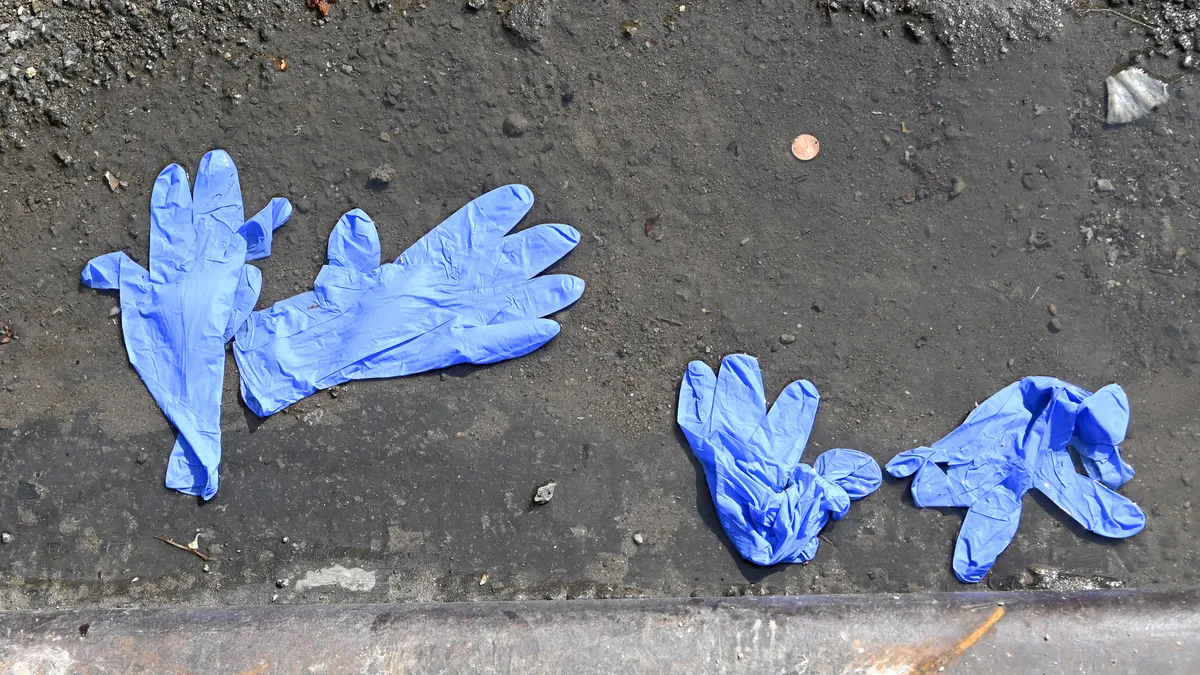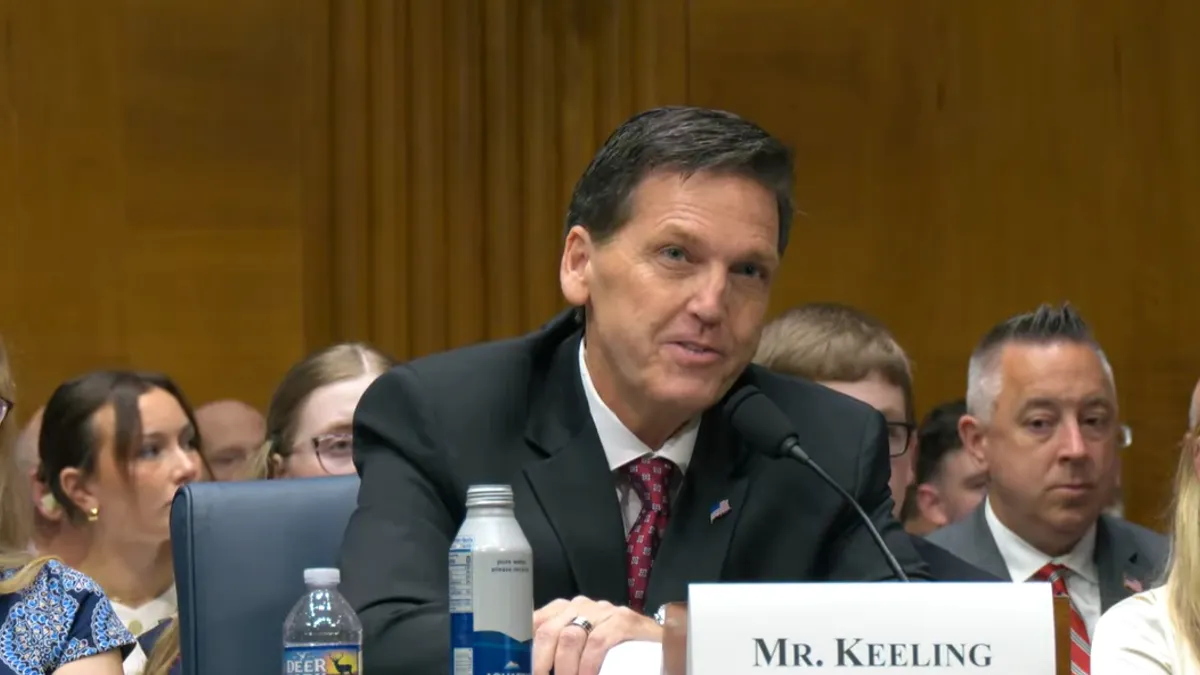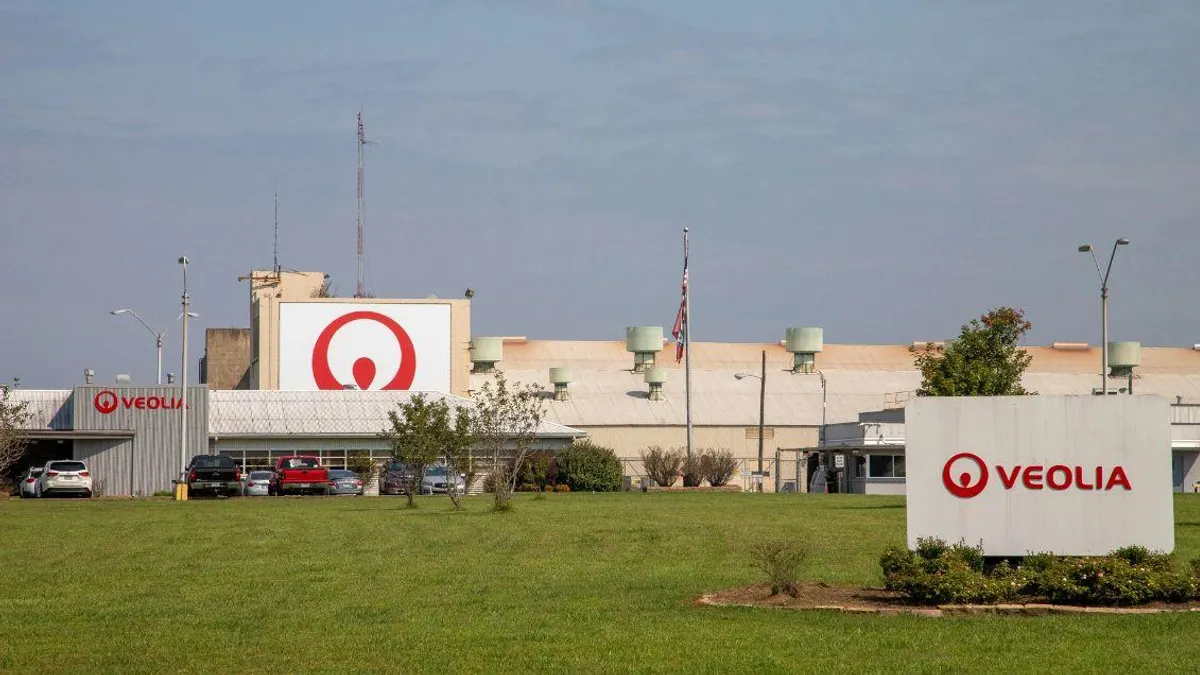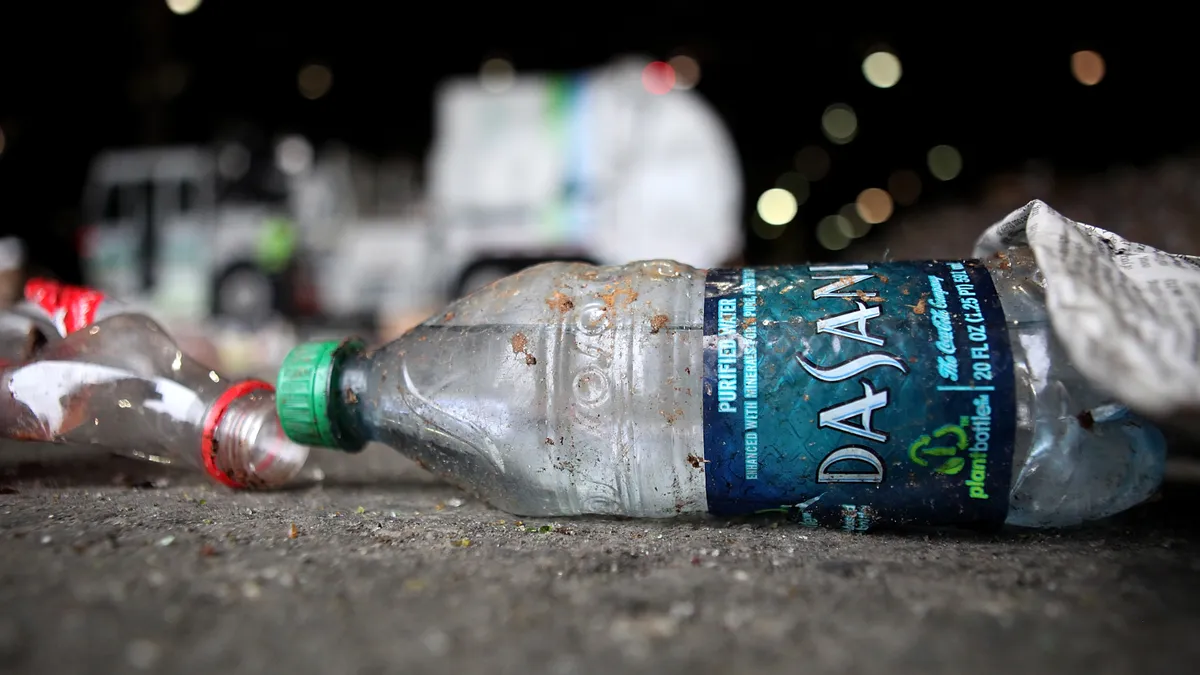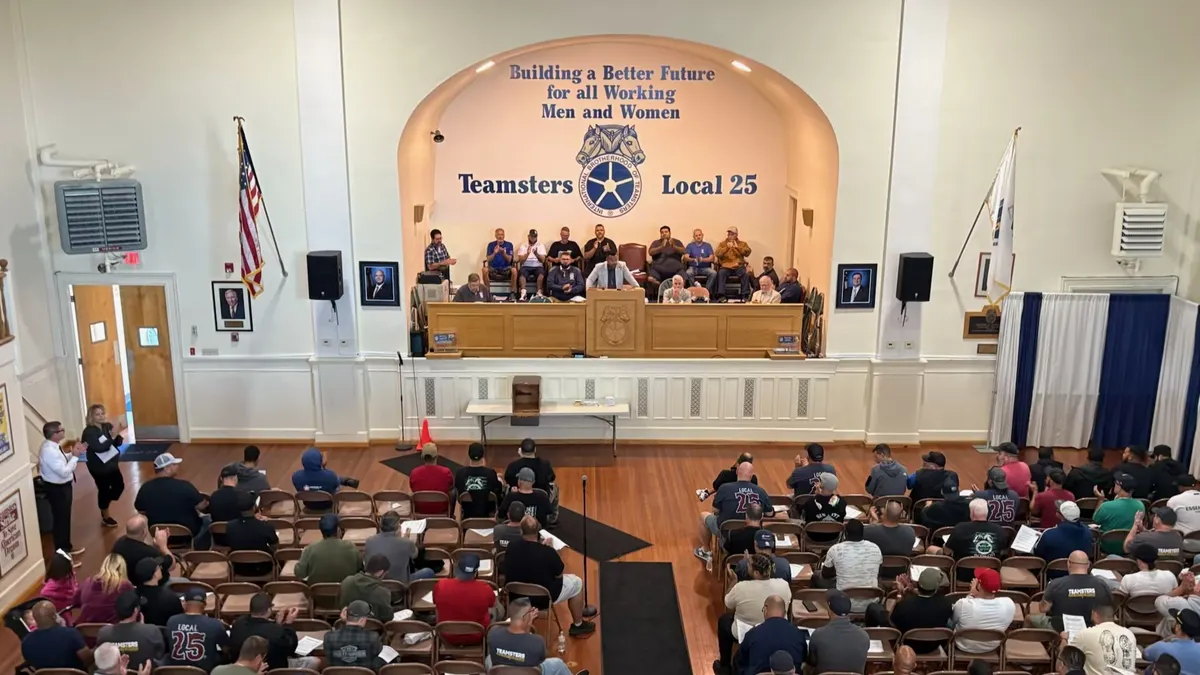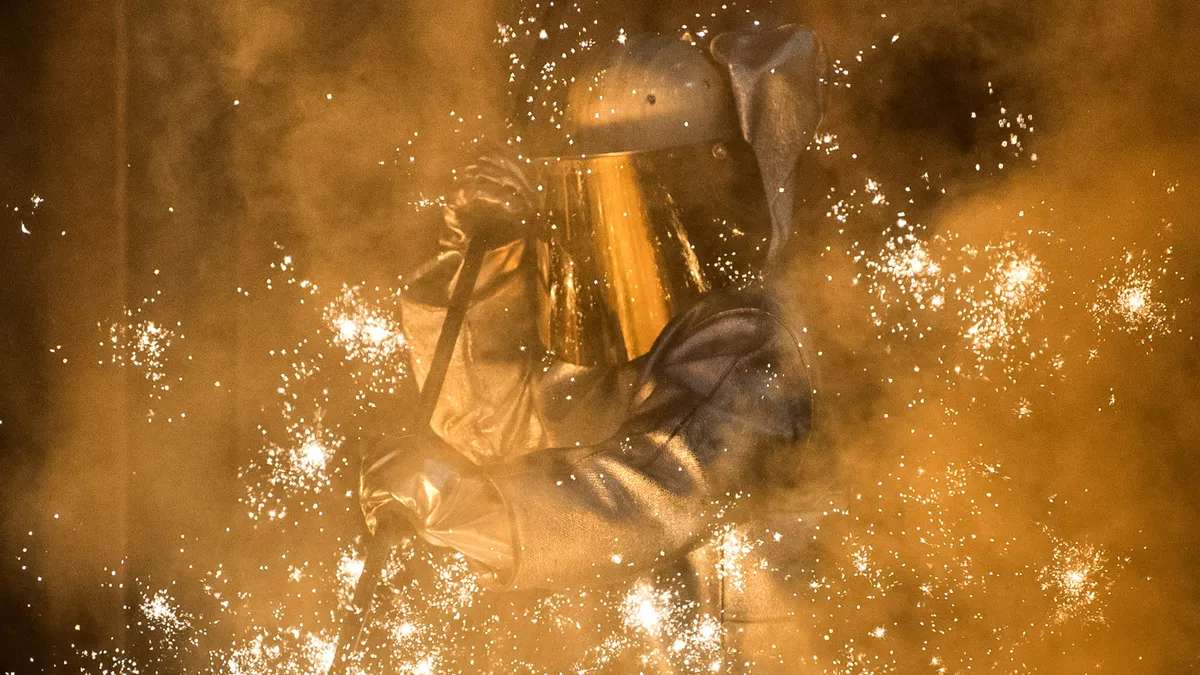As communities across the United States marked Earth Day 2021 with community trash cleanups, many noted increases in litter over the last year associated with the coronavirus pandemic.
One culprit is the proliferation of disposable personal protective equipment (PPE). The nonprofit Ocean Conservancy released a report this spring saying volunteer users of one app recorded picking up over 107,000 pieces of PPE litter worldwide in the second half of 2020 alone. Findings from a study by Keep America Beautiful suggest 207 million PPE items were dropped on U.S. roadways and waterways through early fall 2020.
Another factor was the halt on the use of incarcerated labor to keep highways clean while states looked to mitigate spread of the coronavirus. According to KAB’s study, across the U.S. there are more than 2,000 pieces of litter per mile. The North Carolina Department of Transportation last week reported a record 5.3 million pounds of litter collected from state roadsides so far this year; state lawmakers have weighed a highway cleanup bill that would not raise littering fines but would put more resources toward cleanups by incarcerated people.
Anti-litter and other cleanup initiatives are now popping up in proposed city budgets as well. Portland, Oregon, Mayor Ted Wheeler’s $5.7 billion proposed budget includes $5.7 million earmarked for litter collection and other cleanup efforts. Over half of that is for graffiti removal. Philadelphia Mayor Jim Kenney proposed $62 million for street cleaning, and New York Mayor Bill de Blasio pitched $234 million for a City Cleanup Corps and $9 million to restore litter basket collection service.
Pittsburgh has also seen more litter amid the pandemic. “There has been a noticeable increase,” said Chris Mitchell, anti-litter specialist in the Department of Public Works. “Anecdotally, you can just see it a lot more. But it seems like it's been rising for a few years, and this seems like almost the crest of the wave.”
Part of Pittsburgh's problem last year could stem from a drop-off in volunteer labor. The city has tracked the number of cleanup volunteer applications it’s received over the years; 2020 saw about half as many volunteer applications, as people avoided going out and gathering in big groups. "In the case of Pittsburgh, I almost lament about how reliant we are on volunteers, it's almost sad," Mitchell said.
Mitchell said that in the five or so years being in litter-focused role, it's become clear that Pittsburgh, like many other cities, had a fragmented approach to addressing litter through departments such as public works; permits, licenses and inspections; mobility inspection; environmental services and city planning. “When it's sort of everybody's responsibility, it's nobody's priority,” he said. “If it's not your top priority, it's often your bottom priority.”
Behind the scenes, Pittsburgh has been exploring how to consolidate some of these responsibilities into a single unit to create a more cohesive mission, Mitchell said.
Another goal is to make the process of distributing litter cans more equitable. "It's always sort of been just up to the discretion of any DPW supervisor, yes or no. And it's not a very open and fair process, so we want to develop that and make sure everybody knows exactly what the parameters are for that so people don't feel so discouraged."
In other communities, encouraging volunteers or residents to take the initiative is central to their solution.
The nonprofit AdoptOneBlock (AOB) launched about seven months ago in Portland, Oregon — a city the local news recently dubbed "Dumptown" — to empower residents to take ownership of cleaning up the block they "love the most" on their own schedule and with supplies the organization provides free of charge. Private donors are covering the expenses.
Today, Portland has about 3,000 "block ambassadors." AOB founder Frank Moscow said the program is designed to scale easily in other states and is seeking corporate sponsors and support from foundations.
While more traditional group events help get an area clean, Moscow believes that the AOB model supports the sometimes challenging but important second part — keeping an area clean. In measuring success, AOB, unlike some government-driven efforts, does not necessarily track the volume of litter collected.
"They're not caring about poundage," whether it's "five pounds or 5 million pounds," Moscow said. "We're measuring it in terms of clean blocks. We're measuring it in: How do you feel [when you arrive in] a certain neighborhood or some community? Do you want to stop there, or you want to keep driving?"



